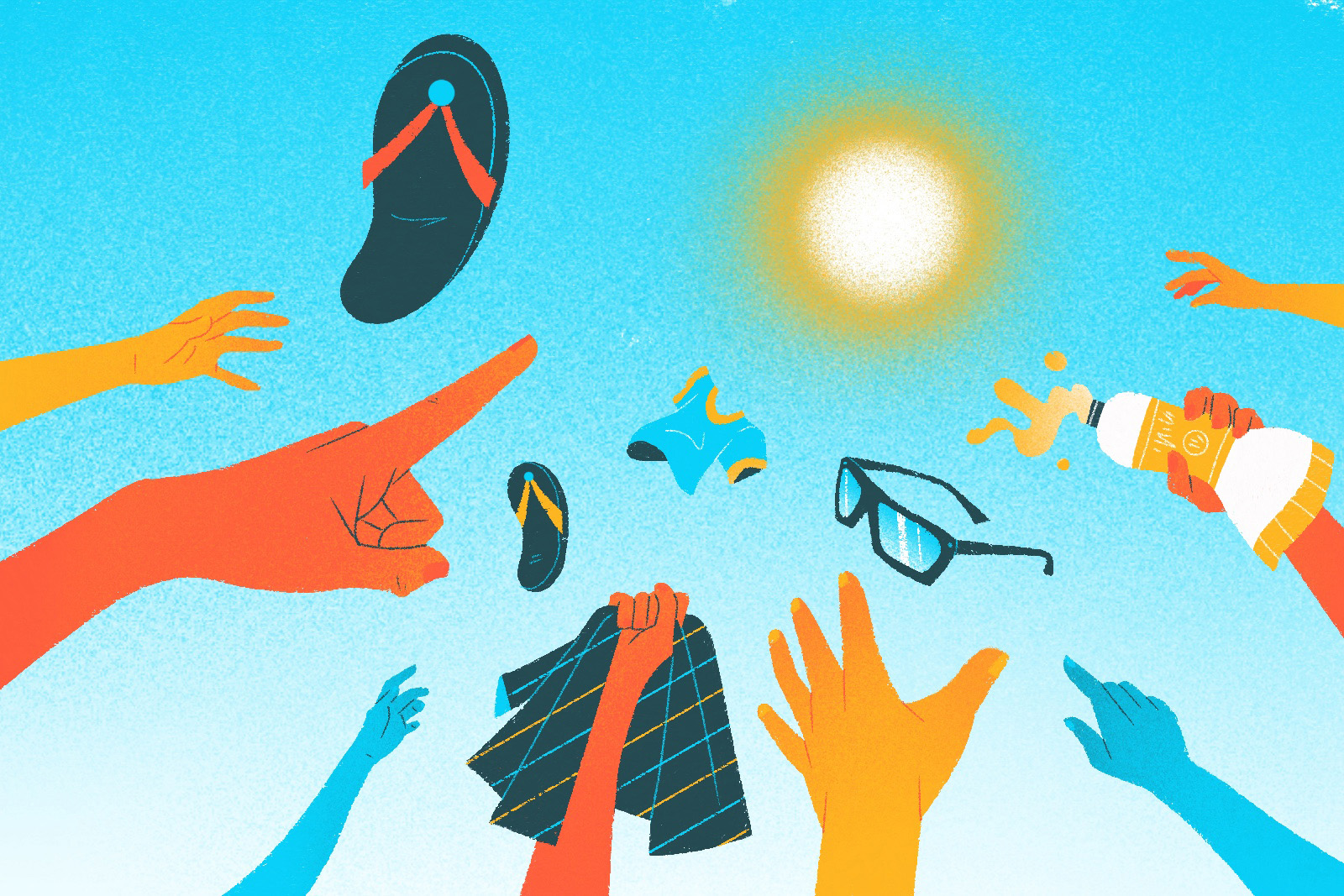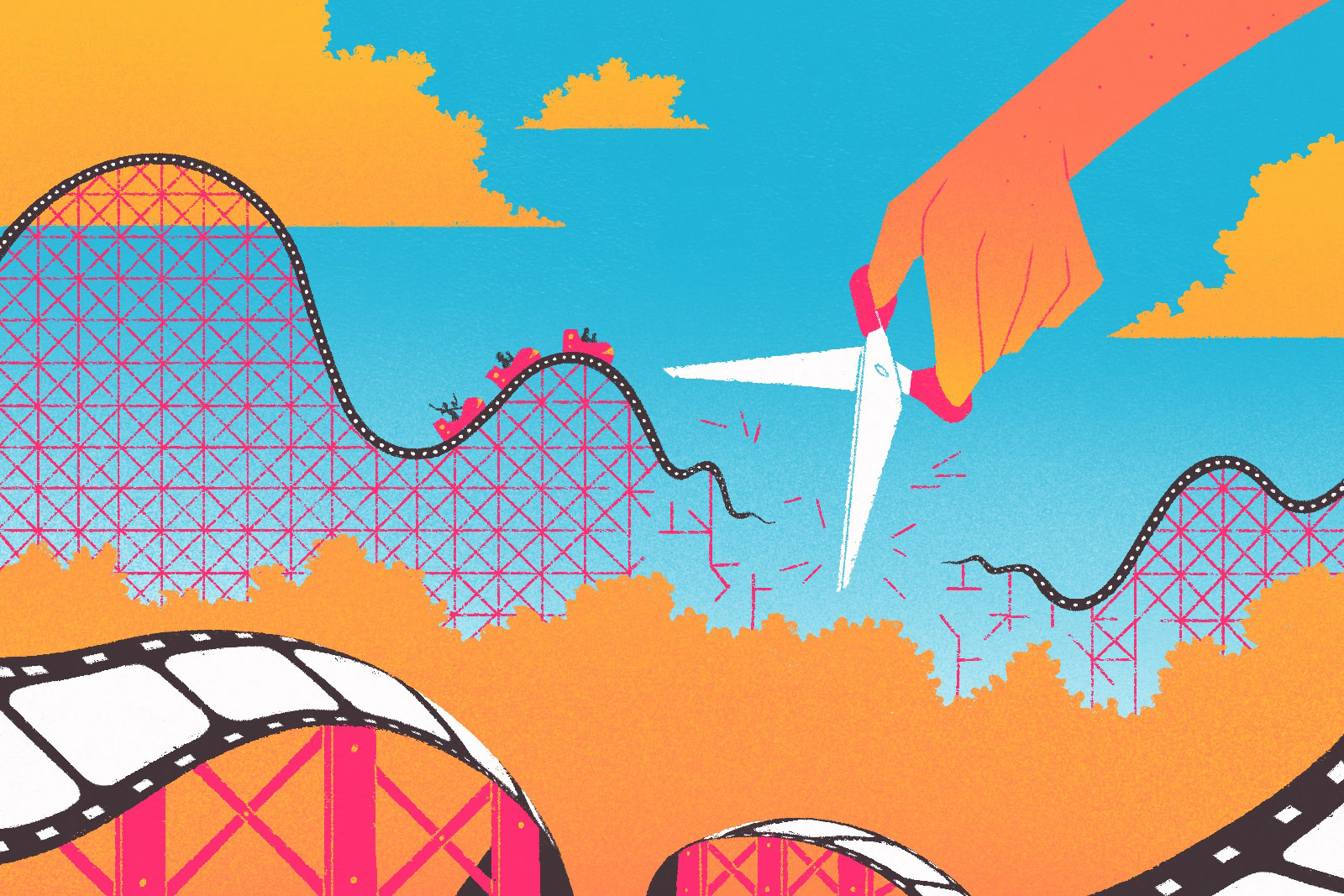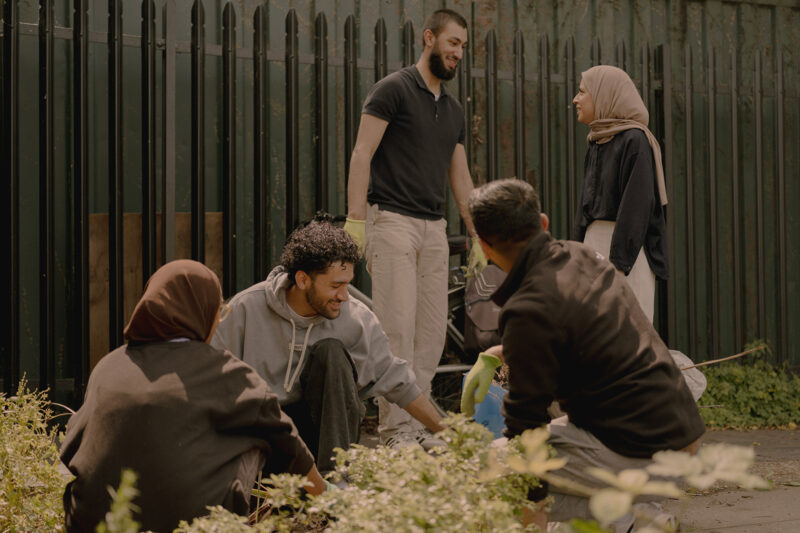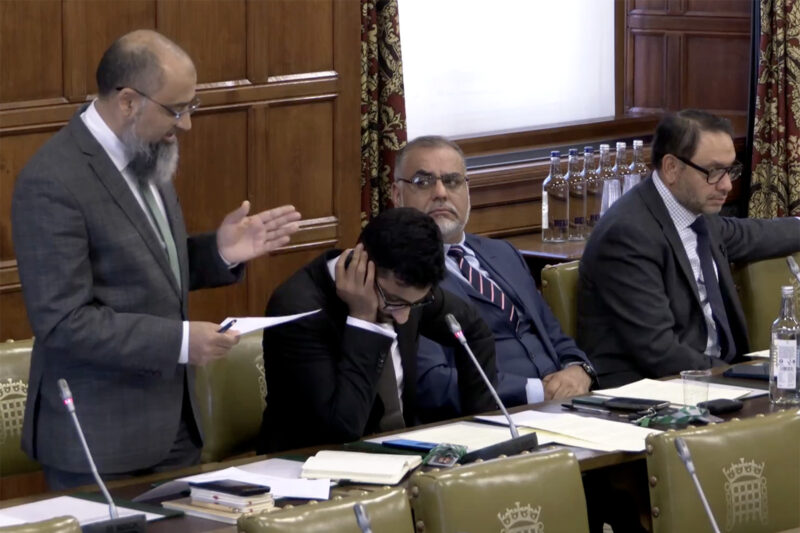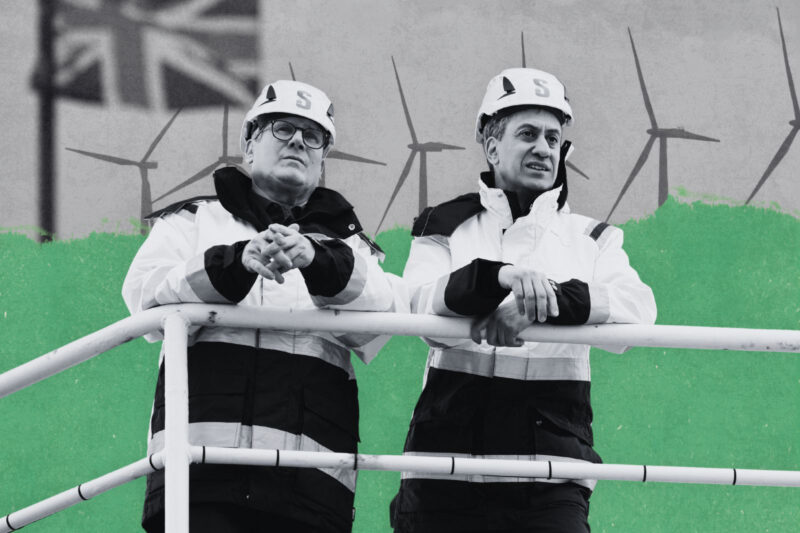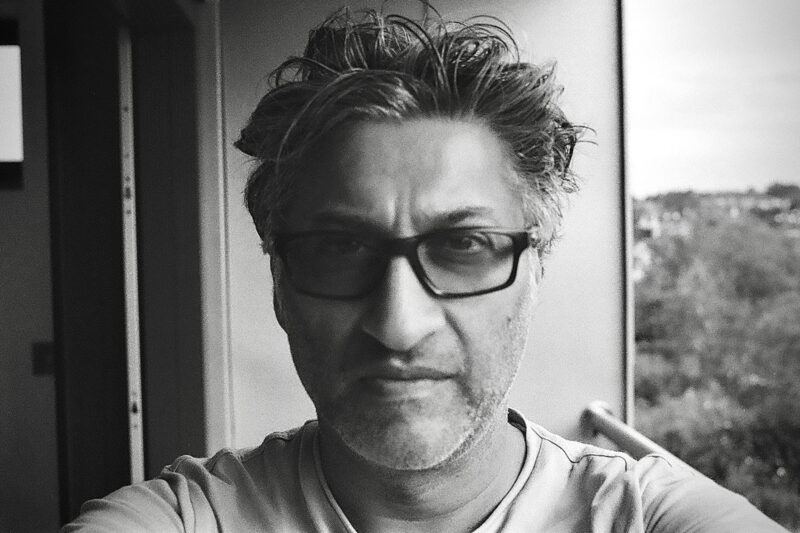The straw that broke my eco-conscious back
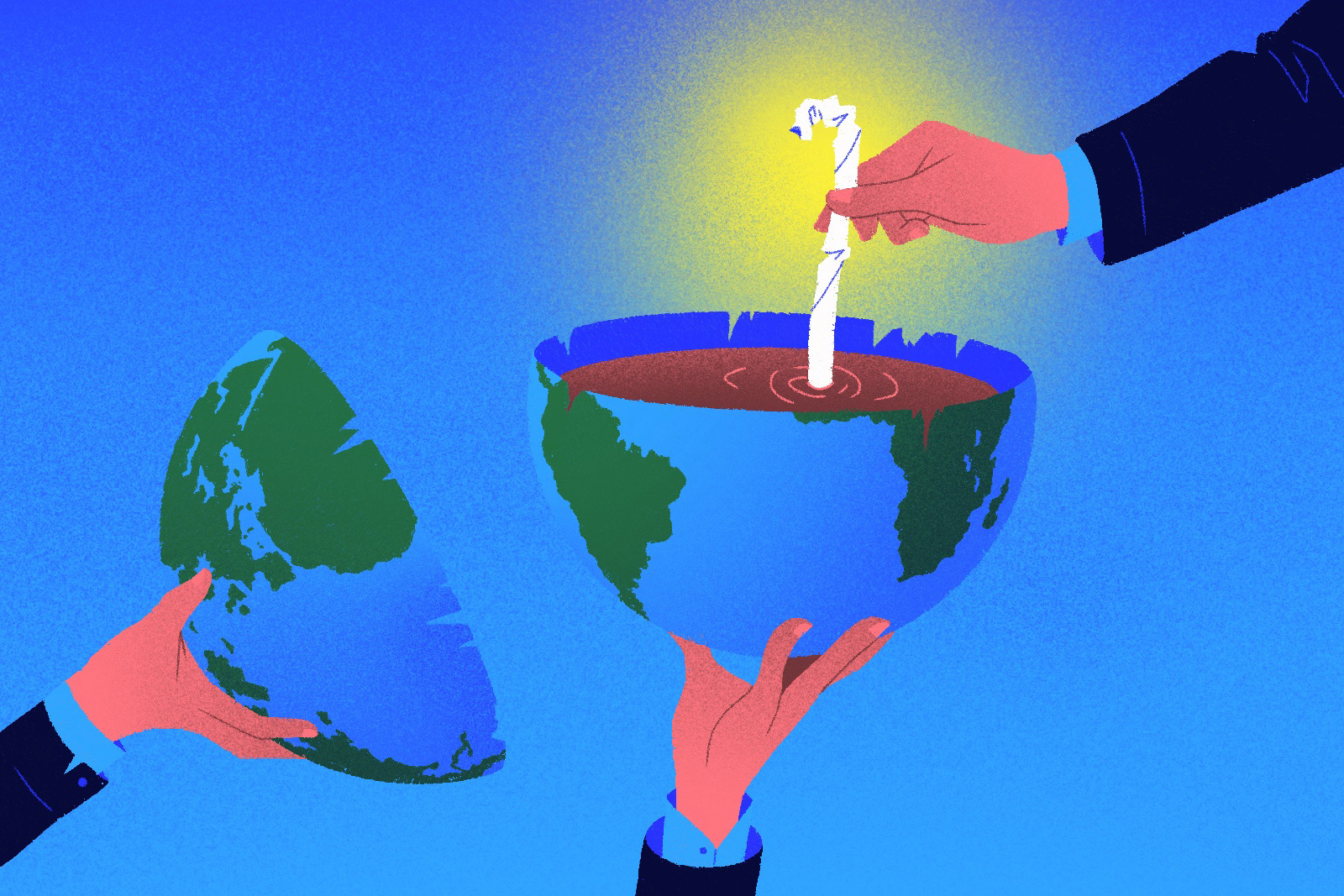
I try to avoid fast fashion and refuse plastic bags. But paper straws make me want to destroy the earth out of sheer spite
I make an effort to be environmentally conscious, or at least in ways that don’t inconvenience me too greatly. My wardrobe is mostly thrifted or purposefully bought with longevity in mind, I rarely eat meat, my phone and tech are refurbished and I haven’t needed a plastic bag since 2019. I walk or take public transport everywhere, which is admittedly driven not by any moral forethought but by my lack of a licence. Still, the carbon footprint is slightly shrinking.
There is, however, one small sustainable item that makes me want to destroy the earth out of sheer spite. A tiny crack in my otherwise seamless path to moral superiority. One soggy wee hiccup standing between me and Greta Thunberg status.
The paper straw.
We’re fast approaching the five-year anniversary of the single-use plastic straw ban in the UK. More pertinently, this date marks the mass rollout of my most tedious nemesis. Initially, I fully embraced the switch from plastic to paper — after all, it required nothing of me. Or so I thought.
Half a decade later and the cold war continues. A recent breakfast meeting was off to a good start until the iced coffee appeared with its paper straw already wilting between ice cubes like a cardboard ship. Each sip delivered more pulp than coffee, and within minutes it collapsed into a compostable garnish, as if tired of keeping up pretences.
I asked for a new straw, which then sank almost immediately into the brown liquid, taking the remnants of my patience with it.
Yes, I know, people who make coffee their whole personality are annoying. Slap a scarlet “C” on to my chest, I don’t care. The promise of caffeine is what takes me from a sloth state to whatever’s slightly more alert than a sloth. What was I meant to do? Obnoxiously keep requesting new straws from a waiter who has better things to do than babysit my sensitive teeth? Drink straight from the actual glass?
As a fresh iced americano arrived, I remembered that somewhere in the depths of my overstuffed green tote bag was a stainless steel straw.
All was well again. Until the plates were cleared and so, apparently, was my precious silver straw. Yet another sacrifice to the eco gods.
Once again my mind lingered on the paper straw. Not only is it a great band name, I thought, but it’s the perfect poster child for greenwashing. A well-rehearsed performance in sustainability theatre, where many companies do the bare minimum while selling us small changes — emotionally and financially — that give us the illusion of control. And, in a classic consumerism con, leave us feeling guilty when it’s implied we’re the problem, not them.
It never fails to elicit a deep sigh when a supposedly eco-friendly package arrives with enough bubble wrap inside to insulate a shed. Or when shops loudly boast about their environmental practices while wrapping individual fruits and vegetables in layers of plastic.
Then there’s the tote bag — an eco-branding victory. Except I definitely have too many, which probably undermines the entire sustainability point. My only defence is that many of them do get used. I stuff them everywhere — in bags, jacket pockets, my sister’s car — then promptly forget about them until I’m at a checkout, when I magically conjure one from wherever I stashed it. For a brief, smug moment, I feel superior to all the toteless shoppers around me.
One of my biggest blunders is the dead battery box. We all have one. Mine lives under the junk drawer, radiating guilt. Batteries don’t go in the bin because I know that’s wrong, but they don’t go to the proper recycling centre either because I still haven’t bothered to find out where that is. It’s one of those jobs you promise you’ll sort at the weekend, only for a year to pass and the box is still there, now overflowing, silently shaming you.
Despite all this, I do want to be part of the solution. My biggest error was thinking I could make all these changes overnight when, realistically, it takes time to adapt.
I’ll keep dealing with paper pulp, avoiding fast fashion and refusing plastic bags. I’ll continue to do my bit while not so quietly resenting the mental load that comes with it. The real kicker is that while I’m just trying to find a way to drink my coffee without triggering a toothache, the corporations responsible for the vast majority of emissions are busy finding more ways to line their pockets instead of fixing what they broke. That really should be the last straw.
 Newsletter
Newsletter


